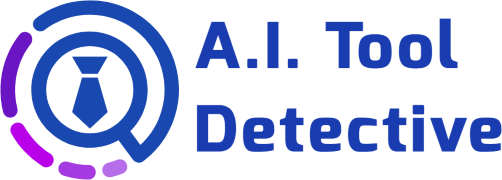OLSP System vs. Traditional Affiliate Marketing: Which is Better?
Affiliate marketing has become a cornerstone of online business for many entrepreneurs. However, with the emergence of innovative systems like the OLSP System, the landscape is continually evolving. This article aims to explore the differences between the OLSP System and traditional affiliate marketing to help you determine which is better suited for your needs.
Overview of Traditional Affiliate Marketing
Traditional affiliate marketing involves promoting products or services of another firm and earning a commission for sales generated through your unique referral link. Here are some key characteristics:
- Flexibility: Affiliates can choose products or services based on their interests.
- Independence: Affiliates operate as independent marketers.
- Commission Structure: Most traditional programs pay a commission based on sales.
What is the OLSP System?
OLSP, or Online Lead System Pro, is a modern approach to affiliate marketing that leverages advanced marketing techniques and automated systems. The system is designed to streamline the affiliate marketing process, allowing users to focus on generating leads while the system handles the rest.
- Automated Sales Funnel: Users benefit from pre-designed sales funnels that convert leads into sales.
- Training Resources: OLSP provides comprehensive training for users to enhance their marketing skills.
- Community Support: A supportive group of like-minded individuals helps foster learning and growth.
Comparative Analysis: OLSP vs. Traditional Affiliate Marketing
1. Ease of Use
The OLSP System is designed to be user-friendly, especially for beginners. In contrast, traditional affiliate marketing often requires a steep learning curve due to the need for product research, website building, and marketing strategy development.
2. Time Investment
Traditional affiliate marketing can be time-consuming, requiring ongoing content creation, traffic generation, and customer engagement. OLSP, on the other hand, automates many of these processes, significantly reducing the time you need to spend while still achieving results.
3. Cost
Starter costs for traditional affiliate marketing can vary widely. In many cases, you have to invest in a website, hosting, and perhaps advertising. OLSP has a more structured cost associated with it, which often includes access to tools, training, and community resources.
4. Learning Curve
While traditional affiliate marketing encourages self-directed learning, it can be overwhelming without proper guidance. OLSP offers structured training, making it easier for users to learn and apply strategies effectively.
Actionable Tips for Choosing the Right System
To effectively decide between OLSP and traditional affiliate marketing, consider the following steps:
- Assess Your Goals: Determine what you want to achieve in affiliate marketing – are you looking for a quick start, or do you prefer building a brand over time?
- Evaluate Your Resources: Look at the time, money, and effort you can invest. OLSP may save you time if you prefer automation.
- Research Options: Take a deep dive into both options. Read testimonials, reviews, and case studies.
- Test the Waters: Consider starting with a trial of OLSP or explore traditional affiliate marketing through smaller, low-risk opportunities.
Conclusion
Choosing between the OLSP System and traditional affiliate marketing ultimately depends on your individual needs, preferences, and priorities. The OLSP System offers a modern, automated pathway that might ease the challenges of traditional marketing methods, especially for beginners or those looking for a streamlined process. In contrast, if you are willing to dedicate time to learn and build a brand, traditional affiliate marketing might be appealing.
Whatever path you choose, continuous learning and application will be essential. If you are interested in exploring a system that might just change your affiliate marketing game, I encourage you to click here to learn more about the OLSP System.











